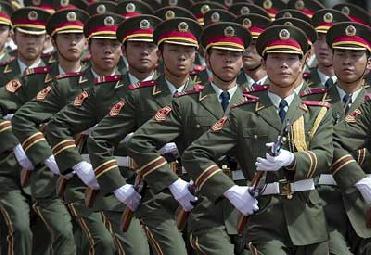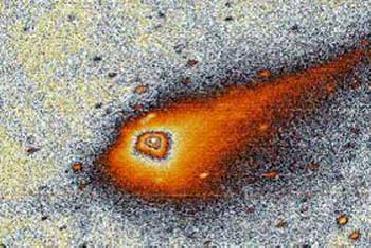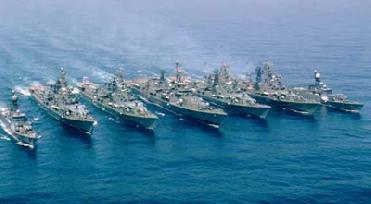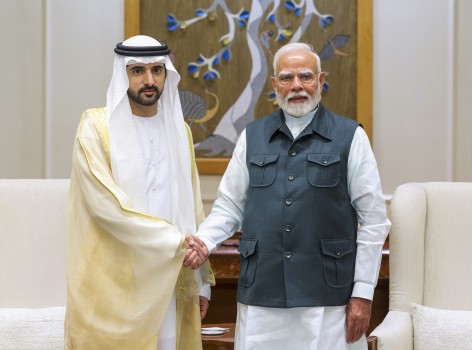
Chinese People's Liberation Army. A file photo
BEIJING (PTI): Making light of military capabilities of India, Japan and Russia, a top Chinese military strategist has said that China perceives US as a major threat, fearing that it is the only country capable of threatening the Communist nation's security interests.
"The US is the greatest perceived threat to the People's Liberation Army (PLA)," Rear Admiral Yang Yi said.
He said this while answering a question an interactive meeting between US and Chinese military officials on where PLA perceived its greatest threat coming from.
Yang also said that the frictions over the cross-Straits relationship with Taiwan, which China perceives as part of it was the most likely to provoke a Sino-US nuclear war. Japan has no such ability, while Russia has no such motivation and India is more worried about China, Yang said.
Yang's assertions addressing delegates at the US-China Government Executive Global Leadership Course held Thursday was reported by the state run China Daily on Tuesday, a day after New York Times reported that China is projecting its naval power well beyond its coast.
A 17-member US group included office directors of US departments, National Aeronautics and Space Administration (NASA), the Department of Defence and the Nuclear Regulatory Commission took part in the meeting.
This is the first time that Washington has sent senior government officials to Beijing to engage their Chinese counterparts in a comparative educational dialogue.
"Now, Chinese admirals say they want warships to escort commercial vessels that are crucial to the country’s economy, from as far as the Persian Gulf to the Strait of Malacca, in Southeast Asia, and to help secure Chinese interests in the resource-rich South and East China Seas.
The overall plan reflects China’s growing sense of self-confidence and increasing willingness to assert its interests abroad," the NYT story said.
Yang in his interaction with the United States military officials said Beijing was hoping to maintain and develop a stable and healthy relationship with Washington but it also needed to make necessary preparations for any possible threats and pressures.
"Fortunately, the risk of a Sino-US confrontation is decreasing due to the relaxation of the Taiwan question," Yang noted.
He said the Taiwan question would be solved politically rather than militarily, adding the cross-Straits relationship would become even more stable and secure if it continued to develop positively (as it is now) over the next five to 10 years.
The Chinese military official appeared confident in dealing with the US backed Taiwan in a military confrontation saying that over six billion dollar weapons supplied by Washing to Taipei recently could fall into Chinese hands soon or later.
"Those weapons will be ours sooner or later," he said.
China has taken a strong exception to the sale of weapons besides President Barrack Obama’s meeting with Dalai Lama saying that the two acts constituted threat to its sovereignty.
Sun Zhe, the director of Tsinghua University's Center for US-China Relations who planned the course two years ago, defended Yang’s remarks saying that he had answered the questions in a frank manner.
"A US navy official in charge of intelligence asked the question and he quickly responded that it was the same case for China about the US," Sun said, adding it is very unique for naval officials from the two sides to exchange thoughts so honestly.
According to Sun, the frank communication was not intended as a threat, but that it would help the two powers to avoid strategically misjudging the other.
He said the Chinese naval official's firm attitude would help Washington to better understand Beijing's position on the Taiwan question.
The weeklong course concluded on Friday and the US government officials left for home.
 Previous Article
Previous Article Next Article
Next Article












The Indian Air Force, in its flight trials evaluation report submitted before the Defence Ministry l..
view articleAn insight into the Medium Multi-Role Combat Aircraft competition...
view articleSky enthusiasts can now spot the International Space Station (ISS) commanded by Indian-American astr..
view article